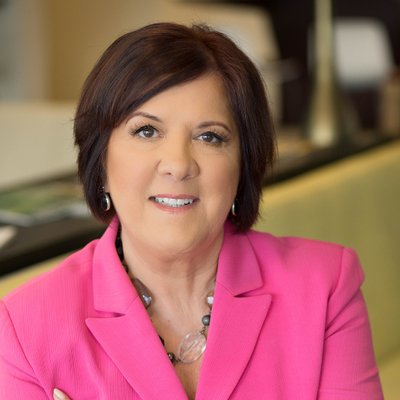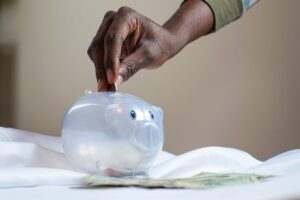A robust 75% of U.S. consumers surveyed in the annual New Year Financial Resolutions Study from Fidelity Investments believe they’ll be better off financially in 2019, despite the stock market’s march into bear territory in 2018 and rising inflation.
Saving more money, paying down debt, and spending less are the top three financial resolutions for the tenth year in a row. But half don’t have the money to pay for an emergency, such as a car repair or a dental surgery, and as many confess to making one or more financial mistakes in 2018 that set them back on reaching those goals.
How do you make good money habits stick? Business reporters can search for the answers to that evergreen personal finance question by looking into one or more of the following angles.
Save More Money
Lazy habits add up. Nearly six in 10 respondents (58%) said they dined out too much, splurged on a purchase or vacation they couldn’t afford, paid too much for financial account or transaction fees for ATM withdrawals or credit cards, and didn’t return unwanted or unused purchases and subscriptions.
Read this useful link on 54 ways to save from “America Saves,” a campaign of the nonprofit Consumer Federation of America, and then invite readers who want to change their money habits in 2019 and reach their goals in 2019 to participate in an panel on making resolutions that stick.
Pay Down Debt
Consumers concerned about paying down debt has risen appreciably, from 21% in 2009 to 29% this year. The cumulative impact of nine rate hikes by the Federal Reserve—four in 2018—seems to be getting their attention, which means that consumers can expect to more for mortgages, auto loans, and variable interest rate credit cards.
Rates climbed to 17.21% as of Dec. 19, according to creditcard.com’s weekly report, and have jumped a full percentage point in the past year, which can add up to hundreds of dollars a month in interest charges. Engage a panel of readers, a credit card expert and Bruce McClary at the National Foundation for Credit Counseling in Washington, D.C., to talk through the steps of making a plan to pay down debt in 2019.
Spend Less
This money habit in the 2018 survey is the most alarming, dropping by half, from 30% who were concerned about controlling their spending in 2009, to 15% in 2019. According to a June 2018 survey from Bankrate.com, a quarter, or 55 million Americans, don’t have an emergency fund to pay for an unexpected car repair or dental emergency.
Banking expert Greg McBride advises one simple step to reach the goal of saving six months’ worth of expenses: Take the money off the table by setting up direct deposit into a savings account. If you wait until you’ve paid the rest of your bills—there’s never anything left.











